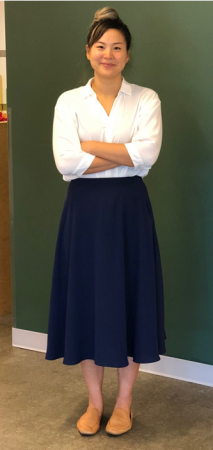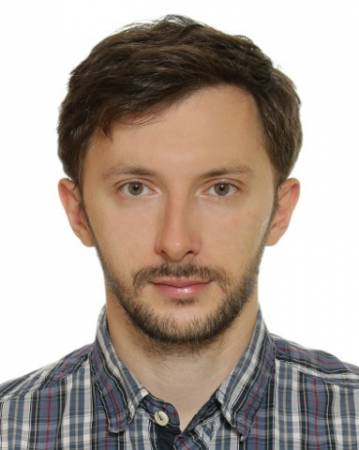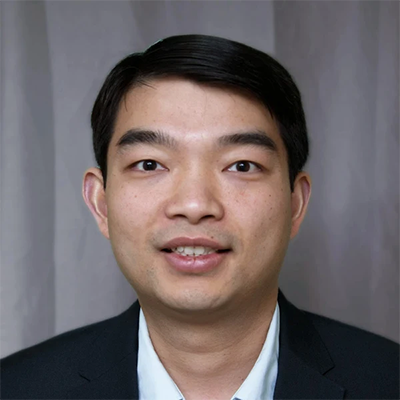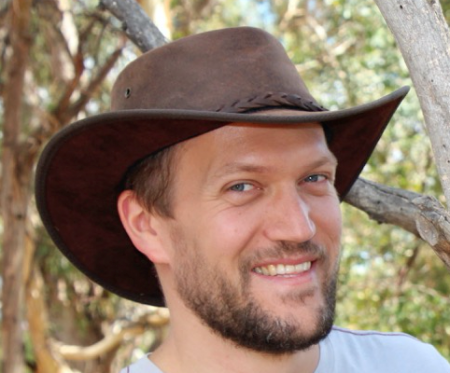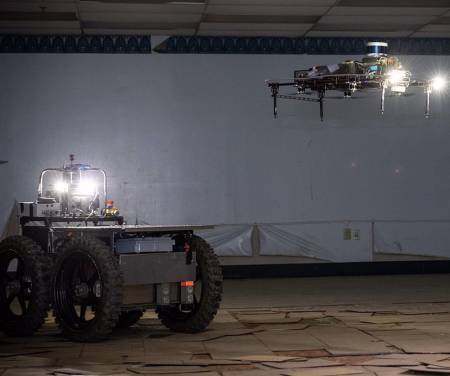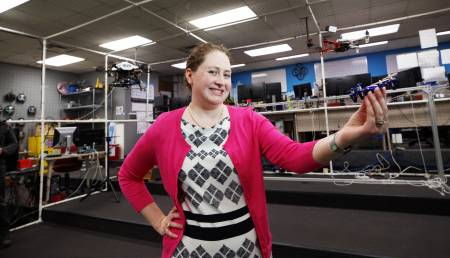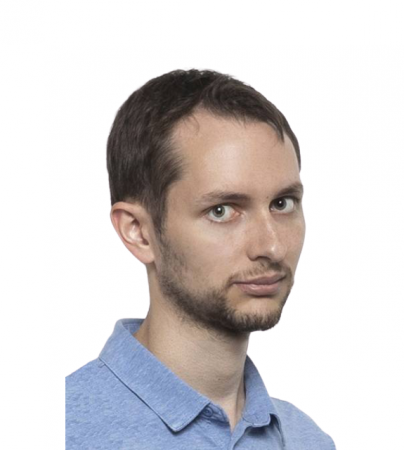Perceiving 3D Human-Object Spatial Arrangements from a Single Image In-the-wild
Abstract: We live in a 3D world that is dynamic—it is full of life, with inhabitants like people and animals who interact with their environment through moving their bodies. Capturing this complex world in 3D from images has a huge potential for many applications such as compelling mixed reality applications that can interact with people [...]
A future with affordable Self-driving vehicles
(Video to appear once approved) Abstract: We are on the verge of a new era in which robotics and artificial intelligence will play an important role in our daily lives. Self-driving vehicles have the potential to redefine transportation as we understand it today. Our roads will become safer and less congested, while parking spots will be repurposed as leisure [...]
Detection of Photo Manipulation with Media Forensics
Abstract: Rapid progress in machine learning, computer vision and graphics leads to successive democratization of media manipulation capabilities. While convincing photo and video manipulation used to require substantial time and skill, modern editors bring (semi-) automated tools that can be used by everyone. Some of the most recent examples include manipulation of human faces, e.g., [...]
Robotics and Biosystems
Abstract: Research at the Center for Robotics and Biosystems at Northwestern University encompasses bio-inspiration, neuromechanics, human-machine systems, and swarm robotics, among other topics. In this talk I will give an overview of some of our recent work on in-hand manipulation, robot locomotion on yielding ground, and human-robot systems. Biography: Kevin Lynch received the B.S.E. degree [...]
Advancing the State of the Art of Computer Vision for Billions of Users
Abstract: At Google, advancing the state of the art of computer vision is very impactful as there are billions of users of Google products, many of which require high-quality, artifact-free images. I will share what we learned from successfully launching core computer vision techniques for various Google products, including PhotoScan (Photos), seamless Google Street View [...]
Carnegie Mellon University
Ergodic Trajectory Optimization for Information Gathering
Abstract: Planetary robots currently rely on significant guidance from expert human operators. Science autonomy adds algorithms and methods for autonomous scientific exploration to improve efficiency of discovery and overcome limited communication bandwidth and delay bottlenecks. This research focuses on planning trajectories for information gathering and choosing sampling locations that have the most informative samples. We [...]
Learning-based 6D Object Pose Estimation in Real-world Conditions
Abstract: Estimating the 6D pose, i.e., 3D rotation and 3D translation, of objects relative to the camera from a single input image has attracted great interest in the computer vision community. Recent works typically address this task by training a deep network to predict the 6D pose given an image as input. While effective on [...]
SubT Fall Update Webinar Led by CMU’s Robotics Institute faculty members Sebastian Scherer and Matt Travers, as well as OSU’s Geoff Hollinger
We invite you to meet members of the award-winning Team Explorer, the CMU DARPA Subterranean Challenge team, and learn more about this groundbreaking competition. Some of the world's top universities have entered the DARPA Subterranean Challenge, developing technologies to map, navigate, and search underground environments. Led by CMU's Robotics Institute faculty members Sebastian Scherer and Matt [...]
Deep Learning: (still) Not Robust
Abstract: One of the key limitations of deep learning is its inability to generalize to new domains. This talk studies recent attempts at increasing neural network robustness to both natural and adversarial distribution shifts. Robustness to adversarial examples, inputs crafted specifically to fool machine learning models, are arguably the most difficult type of domain shift. [...]
Drones in Public: distancing and communication with all users
Abstract: This talk will focus on the role of human-robot interaction with drones in public spaces and be focused on two individual research areas: proximal interactions in shared spaces and improved communication with both end-users and bystanders. Prior work on human-interaction with aerial robots has focused on communication from the users or about the intended direction [...]
End-to-End ‘One Networks’: Learning Regularizers for Least Squares via Deep Neural Networks
Abstract: Linear Restoration Problems (or Linear Inverse Problems) involve reconstructing images or videos from noisy measurement vectors. Notable examples include denoising, inpainting, super-resolution, compressive sensing, deblurring and frame prediction. Often, multiple such tasks should be solved simultaneously, e.g., through Regularized Least Squares, where each individual problem is underdetermined (overcomplete) with infinitely many solutions from which [...]
